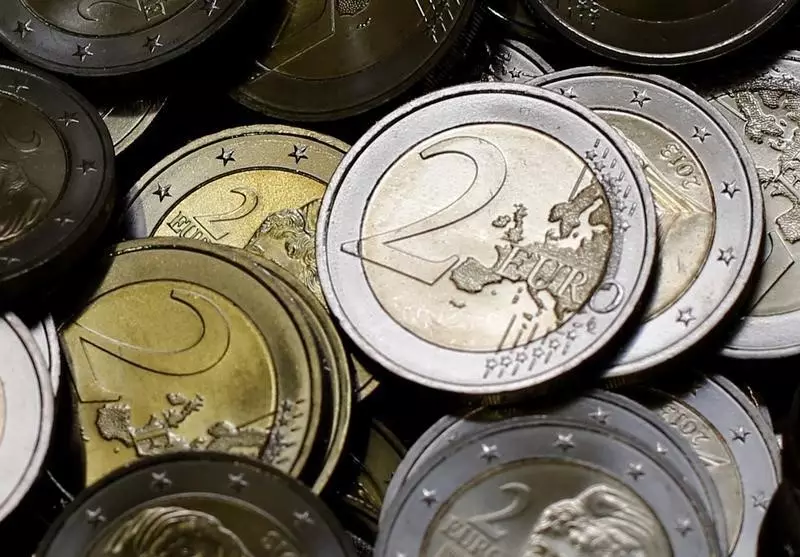The recent first round of France’s snap election results saw the far-right National Rally (RN) party in the lead, albeit by a smaller margin than initially projected. Analysts noted that the party won a smaller share of the vote than anticipated, causing the euro to rise by 0.24% to $1.0737. This increase in the euro value was attributed to the diminished fears of more expansionary and unsustainable fiscal policies if the far-right had performed better than expected. The euro had previously fallen by 0.8% since President Emmanuel Macron called the election on June 9.
The rise in the euro had a knock-on effect on the US dollar, causing it to dip slightly against a basket of currencies. This, combined with data that showed US inflation had cooled in May, contributed to the expectation that the Federal Reserve would likely reduce interest rates later in the year. Market pricing indicated a 63% chance of a Fed cut in September, up from an even chance a month earlier. Sterling, the Aussie, and the New Zealand dollar all saw slight gains against the dollar in response to these developments.
The Japanese yen faced challenges as it struggled to make gains against a weakening dollar. The yen was 0.05% lower at 160.93 per dollar following revised data showing that Japan’s economy had contracted more than initially reported in the first quarter. This downward revision could lead to a cut in the Bank of Japan’s growth forecasts in the upcoming quarterly projections and impact the timing of its next interest rate hike. The yen has already depreciated more than 12% this year due to the interest rate differentials between the US and Japan.
In Asia, the Chinese yuan also experienced difficulties, with the currency being 0.02% higher at 7.2981 per dollar in the offshore market. China’s manufacturing and services activities showed signs of weakness, with both sectors experiencing declines in June. This has raised concerns about the economy’s ability to regain momentum despite government support. The ongoing struggles in the Chinese economy have contributed to the yuan’s weakness and falling Chinese government bond yields.
The currency markets have been reacting to key geopolitical and economic events, such as the French election results and the Japanese growth downgrade. These events have created volatility in the forex market, impacting the value of major currencies like the euro, US dollar, Japanese yen, and Chinese yuan. Traders and investors will need to closely monitor these developments to make informed decisions in the ever-changing currency market landscape.

